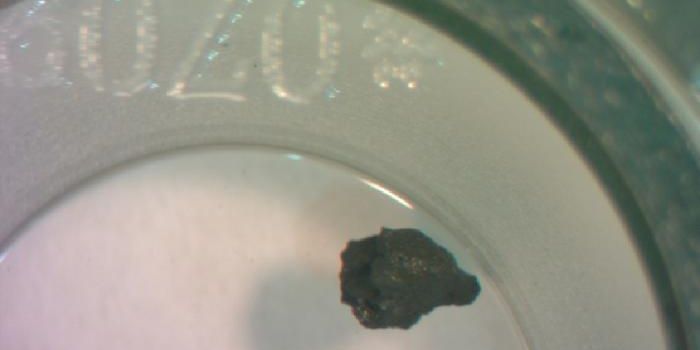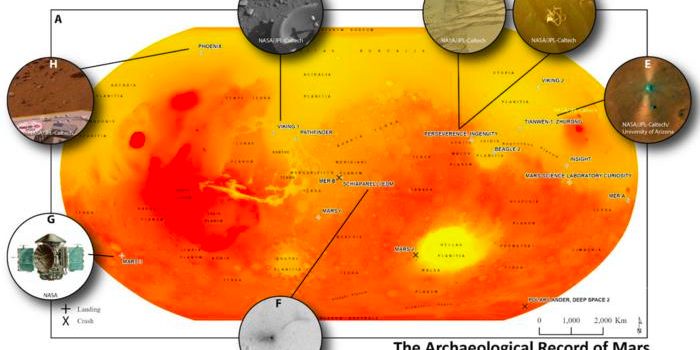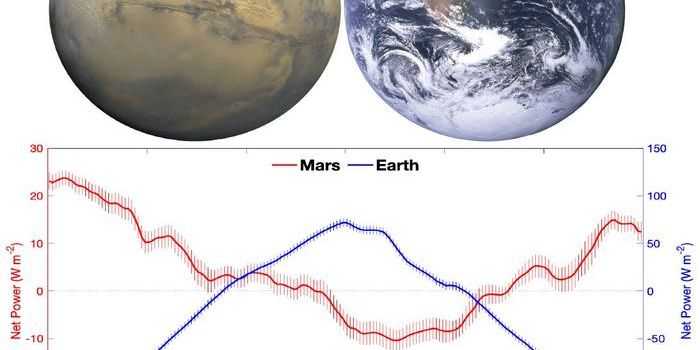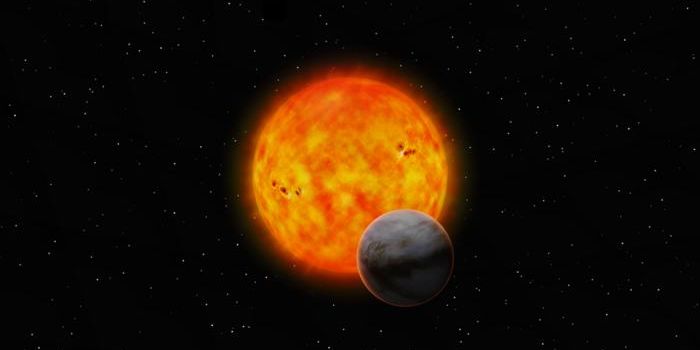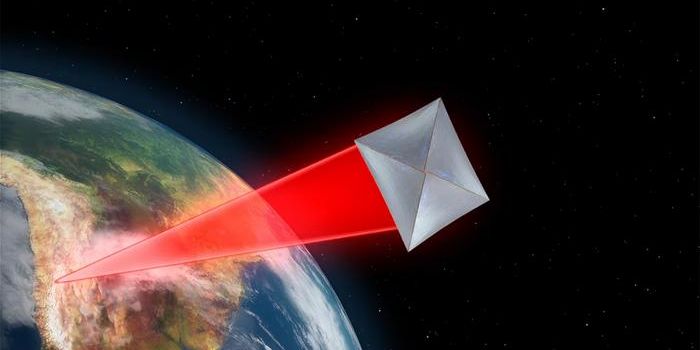'Anomaly' Breaks Communication with a Commercial Satellite
There are so many satellites orbiting the Earth right now that they’re difficult to keep track of, and we just keep launching more of them. Several of these satellites belong to government space agencies, while others belong to commercial and private companies.
Image Credit: PIRO4D/Pixabay
Regardless of who they belong to, however, there’s the growing problem of space junk accumulating around our planet and posing real risks to these orbiting machines. As things get more crowded up there, it becomes harder to find places to put new satellites, and it also poses risks for satellites that occasionally need to move away from their typical geostationary positions.
Related: Space junk chips a window on the International Space Station
Commercial satellite communications company EchoStar recently tried re-positioning a satellite dubbed EchoStar III. Rather than being successful in re-positioning it, they're now regretting their choice to move it. An unknown anomaly reportedly occurred after initiating the move and wiped out effective communications with the satellite, making signals both intermittent and unreliable.
No one is sure exactly what happened just yet, but one possible explanation is that it was struck with space junk debris while veering from its usual geostationary position. Experts from EchoStar are working diligently with satellite manufacturer Lockheed Martin to try establishing a connection with it again, but reconnection isn’t guaranteed.
“EchoStar has received FCC authority for its current flight configuration, and we are working in cooperation with the satellite manufacturer to re-establish a reliable link in order to recover and retire the spacecraft,” EchoStar Satellite Services chief technology officer Derek de Bastos said in a statement.
“In spite of the anomaly, we believe that the current EchoStar III orbit does not present a significant risk to the operating satellites in the geostationary arc.”
On a more positive note, EchoStar III is an older satellite launched back in 1997 and has served the company well for 20 years. While there are high hopes that we can re-establish communication with the satellite, it’s not the end of the world if we can’t.
Still, we'll have to figure out what we're going to do with the space junk problem, or issues like this one could become more prevalent.
Source: EchoStar


